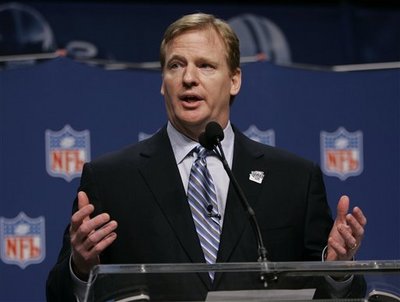Does a Ban on Mixed Martial Arts Competitions Violate the First Amendment?
Within the past two decades, the sport of mixed martial arts (“MMA”) has seen a drastic increase in public acceptance and interest. Today there are forty-six states that sanction and regulate MMA competitions. MMA events promoted by the Ultimate Fighting Championship, the world’s premiere MMA promoter, consistently sell out the world’s largest arenas. Broadcasts of […]



